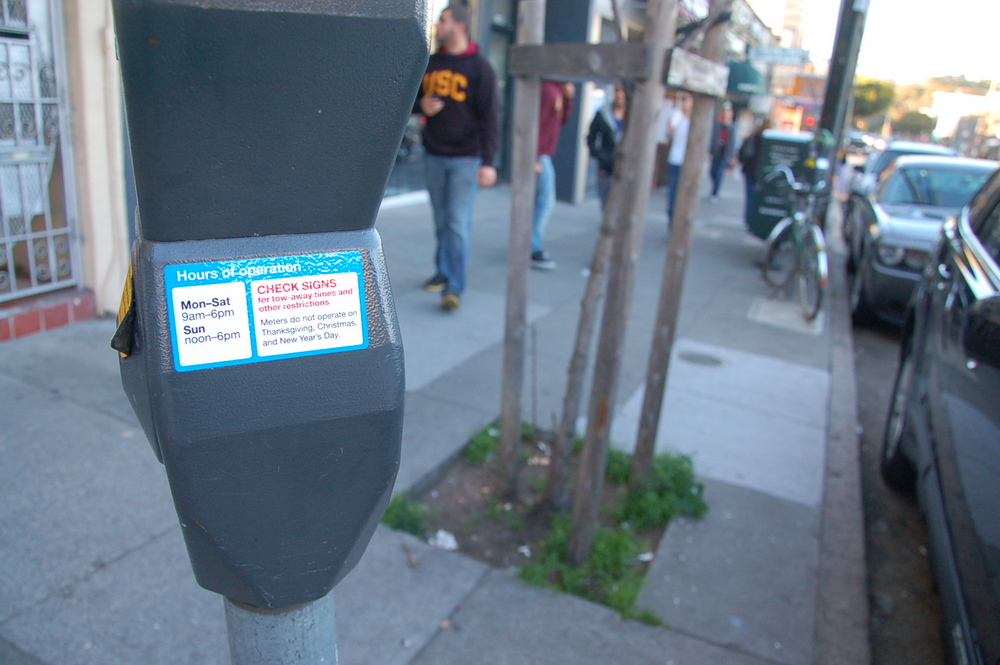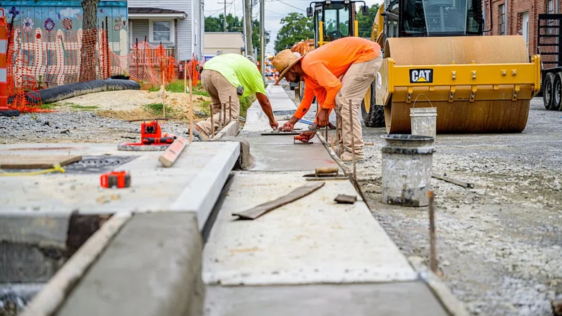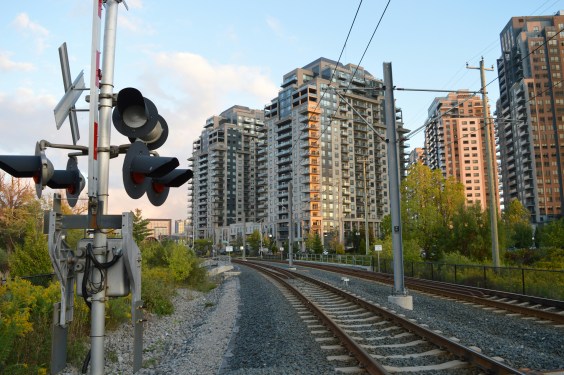Updated 4:16 p.m. with comment from Supervisor John Avalos.
Livable City and the SF Transit Riders Union have filed an appeal claiming that the SFMTA's vote to repeal Sunday parking meters requires California Environmental Quality Act environmental review.
Given that the policy change is expected to double the average time drivers take to find a commercial parking spot on Sundays, among other impacts, SFTRU's Mario Tanev says the policy shouldn't be changed without an environmental impact report. SFTRU also submitted a petition with more than 200 signatures in support of Sunday meters.
"Sunday meters were instituted after a wide outreach, yet are being discontinued based on the whim of one person in City Hall,” Tanev said in a statement referring to Mayor Ed Lee.
The appeal, first reported by the Bay Guardian, claims:
The enforcement of parking meters on Sunday in San Francisco has been doing exactly what it was designed to: reduce traffic congestion, reduce greenhouse gas emissions, increase parking availability (including in commercial areas), and increase revenues for the City and County of San Francisco (City). Yet SFMTA is proposing without any meaningful analysis to stop enforcing this policy even though it provides benefits to the City and local neighborhood communities. By taking away these benefits, the Decision also increases automobile traffic in direct contradiction to the City’s Transit-First Policy, and, notably, on Sundays, a day when pedestrians and families spend significant time outdoors walking and traversing the streets to enjoy City events.
SFMTA specifically failed to analyze and consider the traffic and environmental impacts of its Decision as required under the California Environmental Quality Act (CEQA). CEQA is designed to inform decision-makers and the public about potential, significant environmental effects of the Decision. Here, the public and decision-makers were not fully informed as to the impacts of the Decision – in fact they were given almost no information at all – and the purpose of CEQA was thwarted.
The appeal argues that although CEQA doesn't require environmental review for fee hikes, such as expanding parking meters to Sundays, the act of removing fees (or Sunday meters) doesn't fit within an exemption meant to allow for speedy municipal budget balancing.
Meanwhile, the environmental impacts of free Sunday parking were measured by the SFMTA through 2013, the first year that meters were enforced between 12 p.m. and 6 p.m. Based on that study [PDF], undoing Sunday meters would:
- Double the average time drivers take to find a commercial parking spot on Sundays, from less than two minutes to four.
- Reduce parking turnover by at least 20 percent, meaning that fewer customers can park in each space.
- Cut the availability of commercial parking during Sunday business hours in half, from 31 to 15 percent.
- Reduce occupancy of underutilized parking garages on Sundays by 13 percent.
The appeal is expected to head to the Board of Supervisors, who can uphold or reject it. Tanev said "it looks like a tough sell."
The only supervisor who has come out in support of Sunday parking meters is John Avalos, who testified at the SFMTA Board of Directors meeting where the Sunday meter repeal was approved as part of the SFMTA's two-year budget. That budget still needs to be approved by the supervisors, and free Sunday parking would return in July.
Here's what Avalos argued at the SFMTA Board meeting:
We talk about being a transit-first city… but we don’t always live up to that. We’ve seen that Sunday meters actually has been a success. I think it works for our commercial corridors. You’ll see cars not spending all day sitting in front of a shop, but actually rotating in and out.
Update: Avalos told Streetsblog he hasn't seen the appeal, but that he "appreciates the opportunity to take another look" at Sunday metering.
"Taking away a program that's already in effect doesn't make any sense," he said. "There's talk about getting money for Muni where we can. It feels like we're going backwards."





